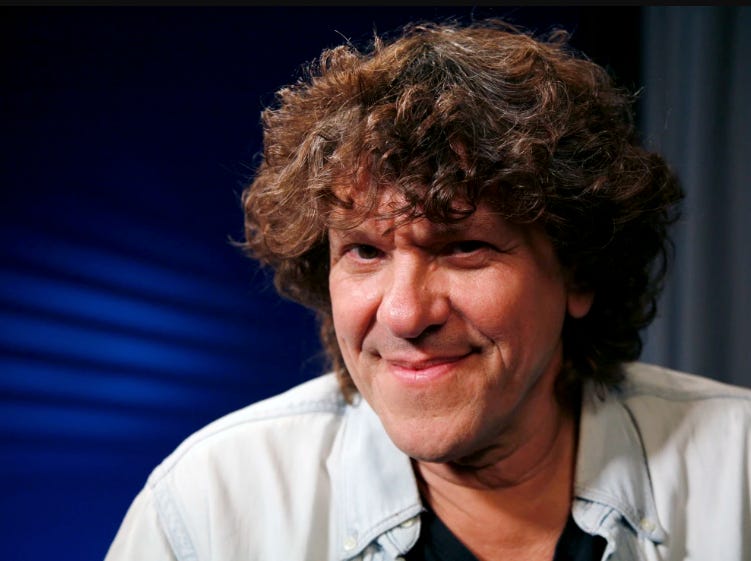Michael Lang
Michael Lang was an American concert promoter, producer, and artistic visionary best known as one of the co-creators of the Woodstock Music & Art Fair.
Michael Lang, born December 11, 1944, in Brooklyn, New York, and passing away on January 8, 2022, was an American concert promoter, producer, and artistic visionary best known as one of the co-creators of the Woodstock Music & Art Fair, a pivotal event in music history and a symbol of the 1960s counterculture. Lang's career was marked by his unique ability to blend music, culture, and social activism, culminating in the iconic festival that defined a generation.
Before Woodstock, Lang had already begun making his mark in the music scene. In the late 1960s, he moved to Coconut Grove, Florida, where he opened a head shop and promoted concerts. This experience was crucial in shaping his approach to organizing large-scale music events. His first major foray into concert promotion was the 1968 Miami Pop Festival, which featured Jimi Hendrix among other acts and attracted around 25,000 people. The success of this festival showcased Lang's knack for concert organization and set the stage for his involvement in Woodstock.
The idea for Woodstock emerged when Lang, envisioning a music and arts festival that would encapsulate the spirit of the era, teamed up with Artie Kornfeld, an executive at Capitol Records. The duo initially envisioned the festival as a way to fund a recording studio in Woodstock, New York, a town already famous for its arts scene and home to many musicians. Lang and Kornfeld then partnered with John Roberts and Joel Rosenman, who provided the necessary financial backing. Lang's vision was for more than just a concert; he aimed to create a communal experience that reflected the countercultural values of peace, love, and music.
Securing a location for the festival proved to be a significant challenge. After several sites fell through, Lang and his partners finally secured Max Yasgur's dairy farm in Bethel, New York. The logistical challenges of organizing an event of this magnitude were immense, and Lang's leadership and vision were crucial in overcoming these obstacles. Despite numerous problems, including last-minute venue changes, legal battles, and the logistical nightmare of catering to the unexpectedly massive crowd, Woodstock was a resounding success.
From August 15 to 18, 1969, Woodstock attracted an audience of over 400,000 people. It featured performances by some of the most iconic musicians of the era, including Jimi Hendrix, Janis Joplin, The Who, and Jefferson Airplane, among others. Lang's vision of a peaceful gathering that celebrated music and unity came to fruition, with Woodstock becoming a symbol of the era's ideals and a watershed moment in cultural history.
After Woodstock, Michael Lang continued to be involved in music and festival production. He worked on various music-related projects and events, including attempts to recapture the spirit of the original festival with Woodstock '94 and Woodstock '99, with varying degrees of success. Throughout his career, Lang remained a prominent figure in the music industry, known for his innovative approaches to concert promotion and his commitment to the values that Woodstock represented.
Lang's legacy is indelibly linked to Woodstock, reflecting his vision, entrepreneurial spirit, and dedication to creating transformative cultural experiences. Through Woodstock, Michael Lang not only shaped the music industry but also left an enduring impact on the cultural landscape, embodying the ideals of a generation seeking change.


